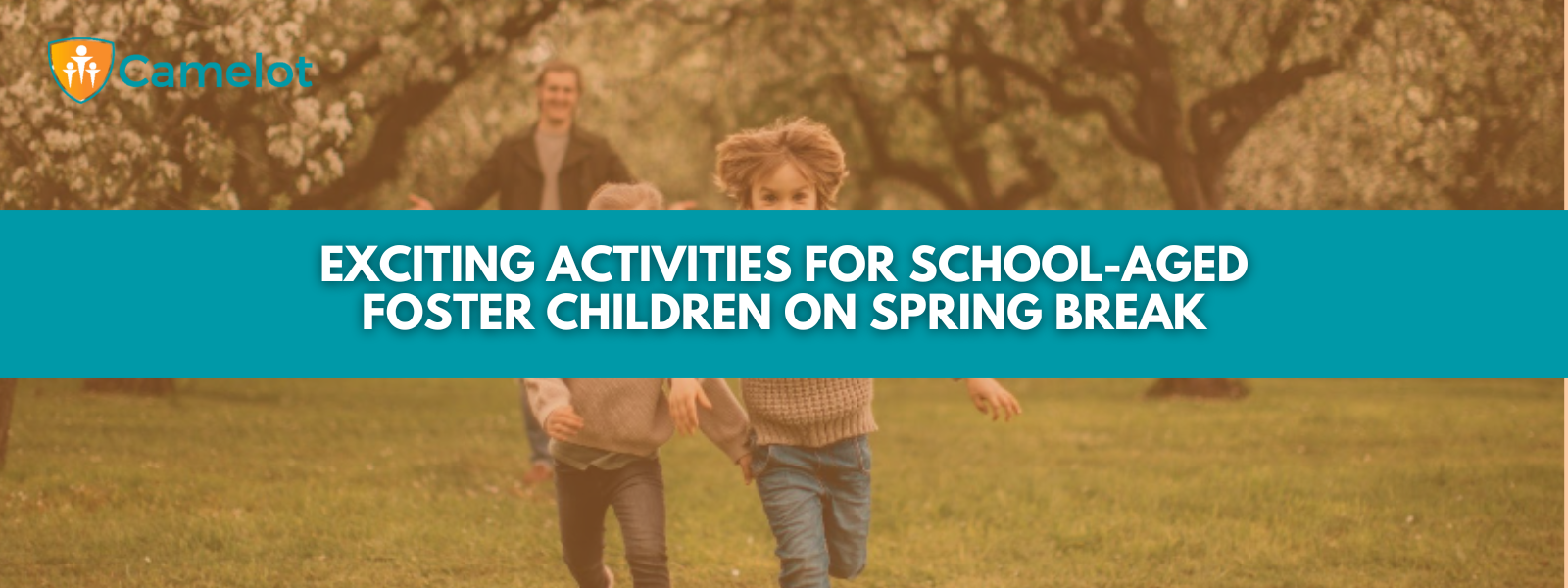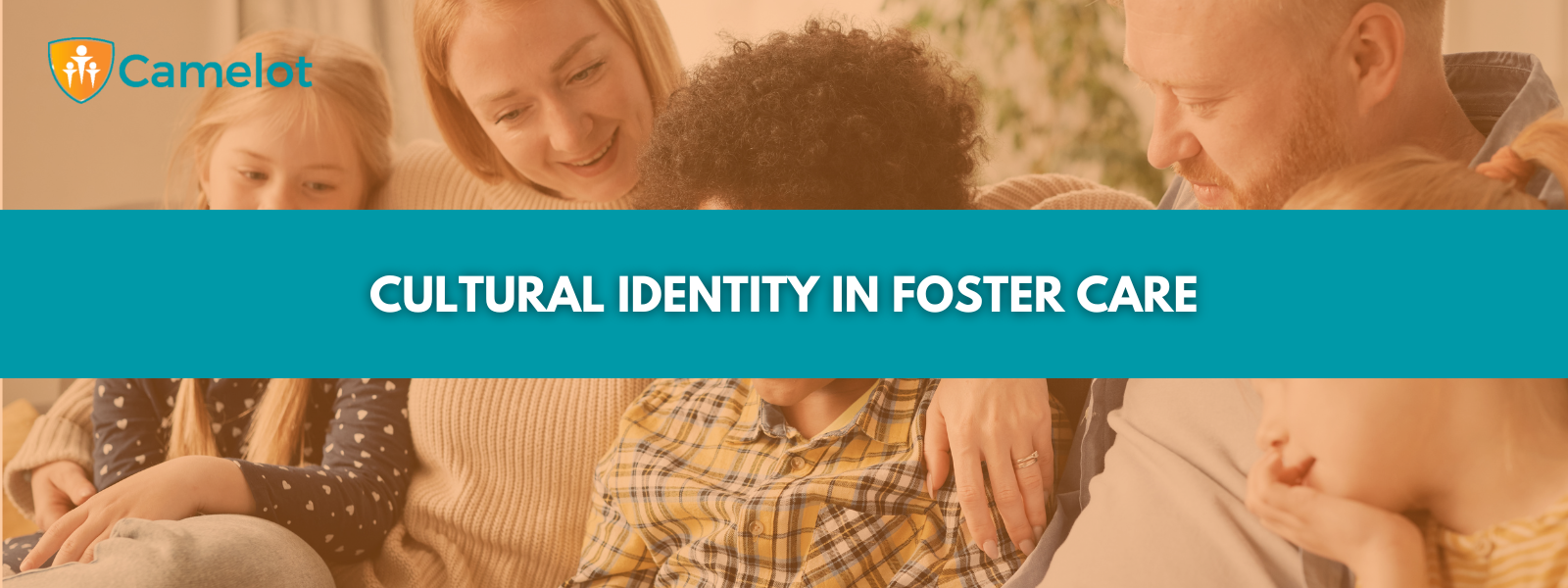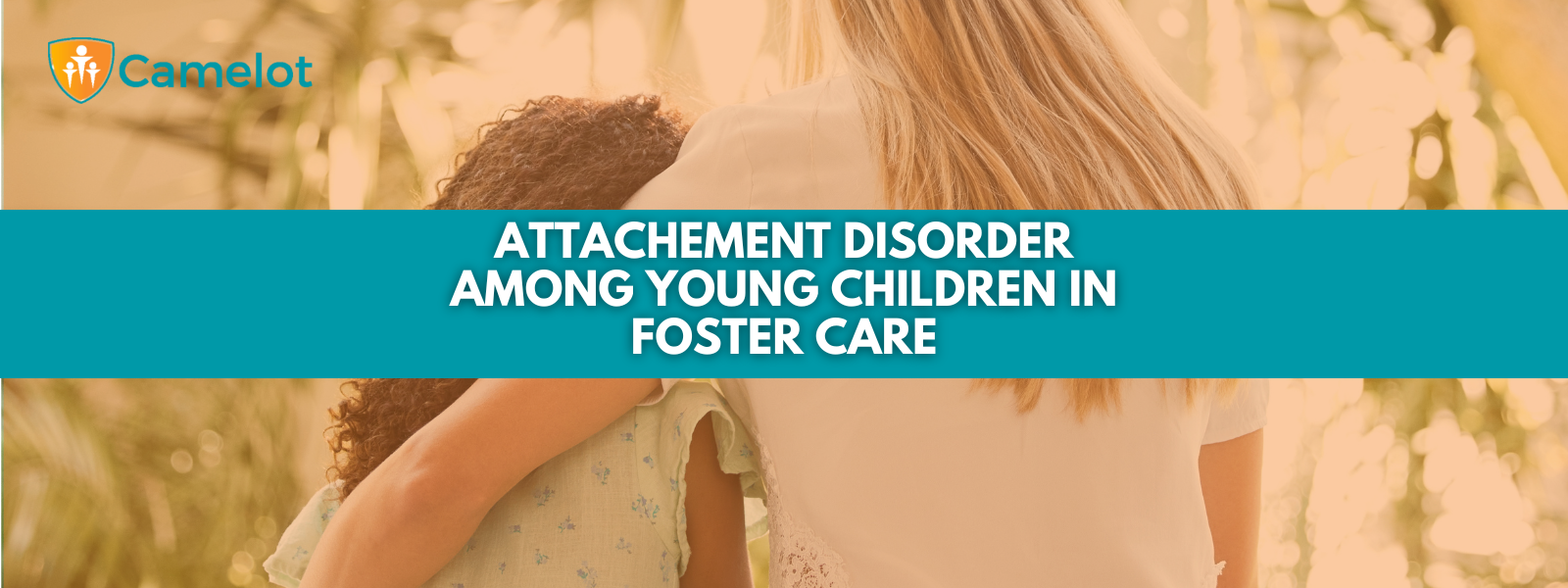7 Things You Shouldn’t Say to Foster Parents
7 Things You Shouldn’t Say to Foster Parents

Choosing to be a foster parent is not an easy decision. You need to consider whether you are equipped to help the children move past their trauma and pave the way for them to start living happy and fulfilling lives. However, there are a lot of misconceptions about foster parenting, and oftentimes the people who work in the foster system are not sufficiently understood.
Child fostering has been around for quite some time, but what happens when you become a foster parent? Sometimes the people around us make assumptions about being a foster parent, most of which are incorrect. This can often result in people saying things that are hurtful and can negatively impact foster parents and children.
Here, we will look at seven things you should not say to foster parents and why these assumptions are wrong and hurtful.
Are You Adopting a Foster Kid to Make Money?
There are a lot of things that you should never say to a foster parent, and "Are you adopting a foster kid to make money?" is definitely one of them. Not only is it incredibly offensive, disrespectful, and insensitive, but it also shows a complete lack of understanding about what foster parents do and why they do it.
Foster parents provide a safe and loving home for children who have been removed from their own families due to neglect or other circumstances. They do it out of a desire to help these children, not to make money. In fact, most foster parents actually spend their own money to care for their foster children, as they receive very little financial assistance from the government.
Additionally, it minimizes the importance of the foster parent's role in the child's life and the significance of the foster parent-child relationship. Finally, it could potentially discourage the foster parent from continuing to foster, as they may feel that they are being taken advantage of. So, if you're ever thinking about saying something like this, please don't—it's hurtful and couldn't be further from the truth.
The Child Is Blessed to Have You
This is something that a lot of people say to foster parents, believing it to be a compliment. But it can be hurtful in reality. The fact is that foster parents didn't choose to be foster parents out of any other benefit other than wanting to give a child a better life. So, to say that the child is blessed to have them can make it sound like the children are being pitied or that they are somehow not good enough.
Saying that the child is "blessed" to have someone as their foster parent can come across as condescending and insensitive. Fostering is a two-way street involving both the parents and the child.
Moreover, this statement can also be misleading, as many children enter the foster system under adverse circumstances. So, the child may not actually feel “lucky” or happy. Instead, they may feel scared, confused, and alone. In this scenario, if the people around them insist they should feel blessed, there might be a risk of further alienating the child.
So, if you want to say something to a foster family, try to avoid saying anything that might make them feel like they are doing something wrong.
You Are an Amazing Person
There are many reasons why you might not want to say "you're an amazing person" to a foster parent. For one, it might make them feel uncomfortable or even put them on the defensive. Foster parents do what they do because they like kids—it is a choice, not something they were forced into. So being complimented for that might make them feel uncomfortable. In short, it's important to be thoughtful about what you say to a foster parent, and this phrase might not be the best option.
This is Not Possible for Me; I Have a Lot on My Plate
Foster parents provide a home for children who need one, and they make a conscious decision to do this. They do not do it for recognition or accolades. So, when you say something like this to a foster parent, you are belittling their efforts and making them feel like they are not good enough.
Though this statement may be true for you, it is irrelevant to their situation. Furthermore, it's not helpful in any way. This could signify that you think they are not doing a good enough job with their foster kids or that they are somehow superhuman. Neither is true, as foster parents are just regular people who are trying to help kids in need.
I Could Never Give Them Back
The main goal of foster care is to provide the kids with a safe space until they can return to their families or find a permanent placement elsewhere. This does not mean that they don’t care for the kids or miss them. But the main focus here is what is best for the children. So, telling a foster parent that you would never be able to give the kid back can make it look like you’re implying that they are heartless or don’t care for the kid—which couldn’t be further away from the truth.
Are Any of These Your “Own” Kids?
As a foster parent, you quickly learn to develop a thick skin. You hear all kinds of comments and questions from well-meaning people, but some of them can be hurtful. Here are some things you should never say to a foster parent:
"You Must Be So Strong."
Again, this may be true, but it's not helpful. It implies that foster parents are somehow different from other parents, that they don't feel the same emotions, or that they’re not allowed to show vulnerability.
"Do You Ever Get Attached?"
Of course, foster parents get attached to the kids. They are just like other human beings who love all of their kids, even the ones who are only with them for a short time. But at the end of the day, the ultimate goal is to help the children find a permanent, loving home.
“How Do You Do It?”
This is a question that can be asked in a way that is respectful and curious or in a way that implies that the foster parents are doing something wrong. If you're genuinely curious, they might be willing to explain their motivations and how they approach childcare. But remember, they don’t owe you any answers.
You Can’t Help All the Children
This is a difficult reality that foster parents face every day. There are simply not enough resources to go around. While it is important to try to help as many children as possible, there are times when things will inevitably fall through the cracks.
That being said, there are some things that you should never say to a foster parent. For example, don't tell them that they are not doing enough. Foster parents already have a lot of responsibility on their shoulders, and they don't need anyone else adding to it.
Also, don't try to compare the foster parent's situation to your own. It's apples and oranges. Foster parents are dealing with children who have been through trauma and often have a lot of behavioral issues. They are not simply taking in a child for a sleepover. It's a completely different situation.
Finally, don't forget that the foster parent is a human being too. They are not some sort of saint or martyr. They are just trying to do the best they can in a difficult situation. So please, be understanding and respectful.
As a foster parent, it can be hard to hear the negative things that people say about you. Some people will tell you that providing a foster home isn’t a real job, while others will tell you that you’re not a real parent. Regardless of how others feel, you must know that you are doing your best to create a positive change in a child’s life.
Fostering might be a difficult yet satisfying experience, and thus if you need help, Camelot Care Center is here for your support. We offer training and counseling to help you take care of your children in the best way possible. So get in touch with us today to get access to resources that will help you provide your foster kid with the care and attention they deserve.
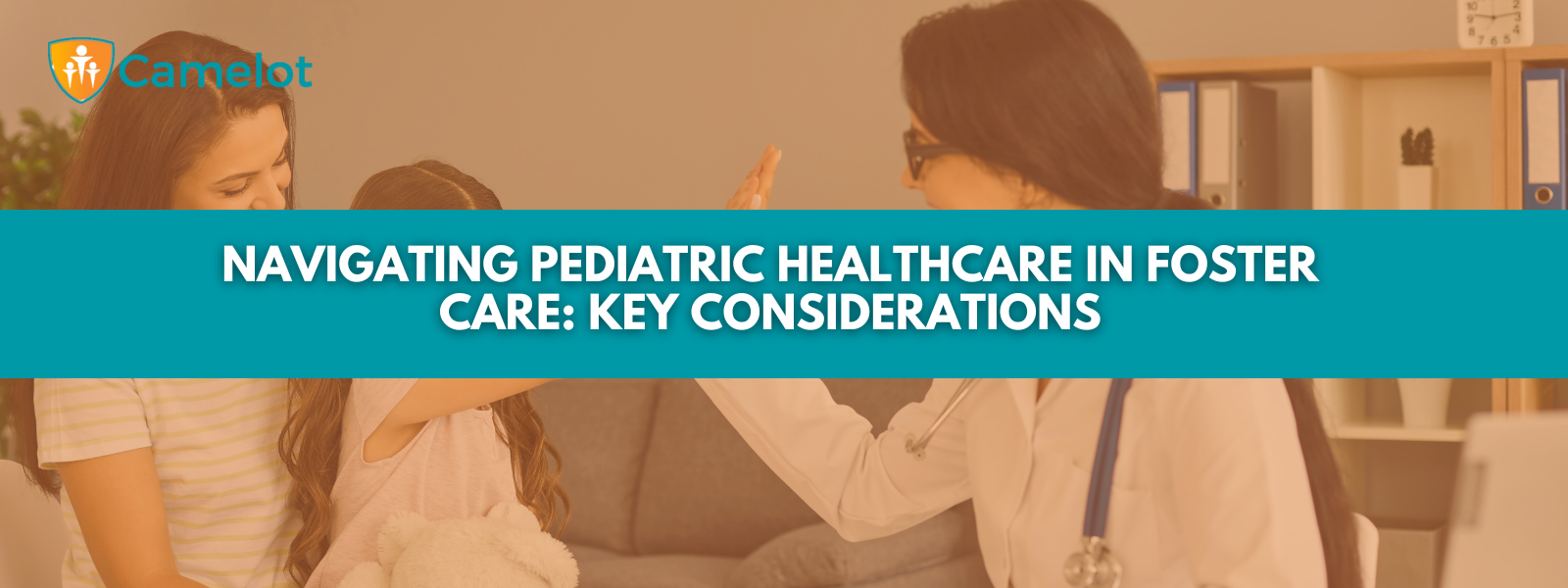
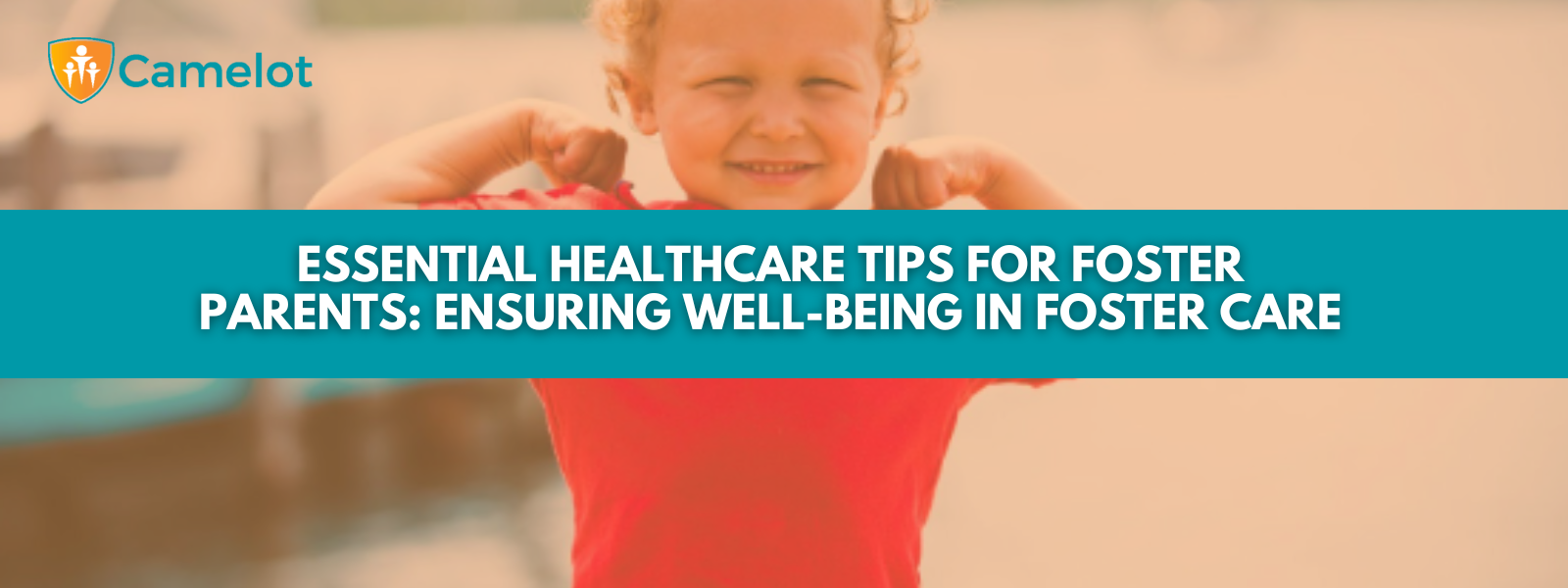
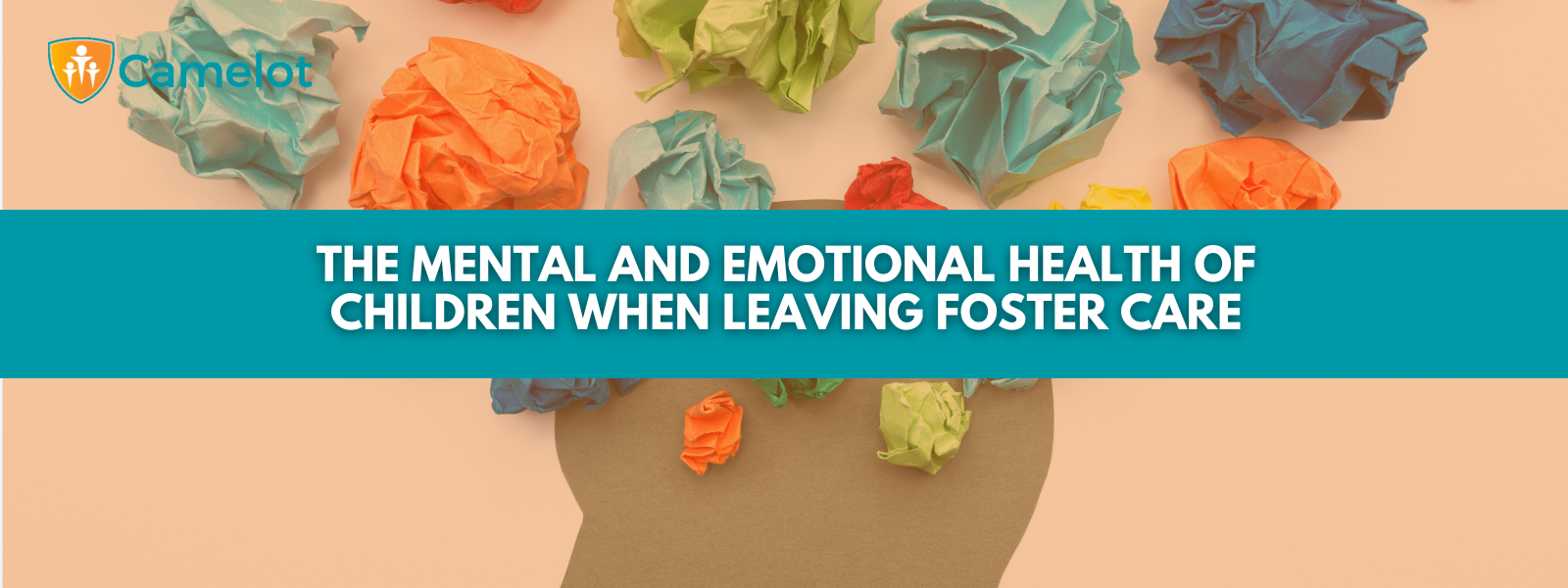
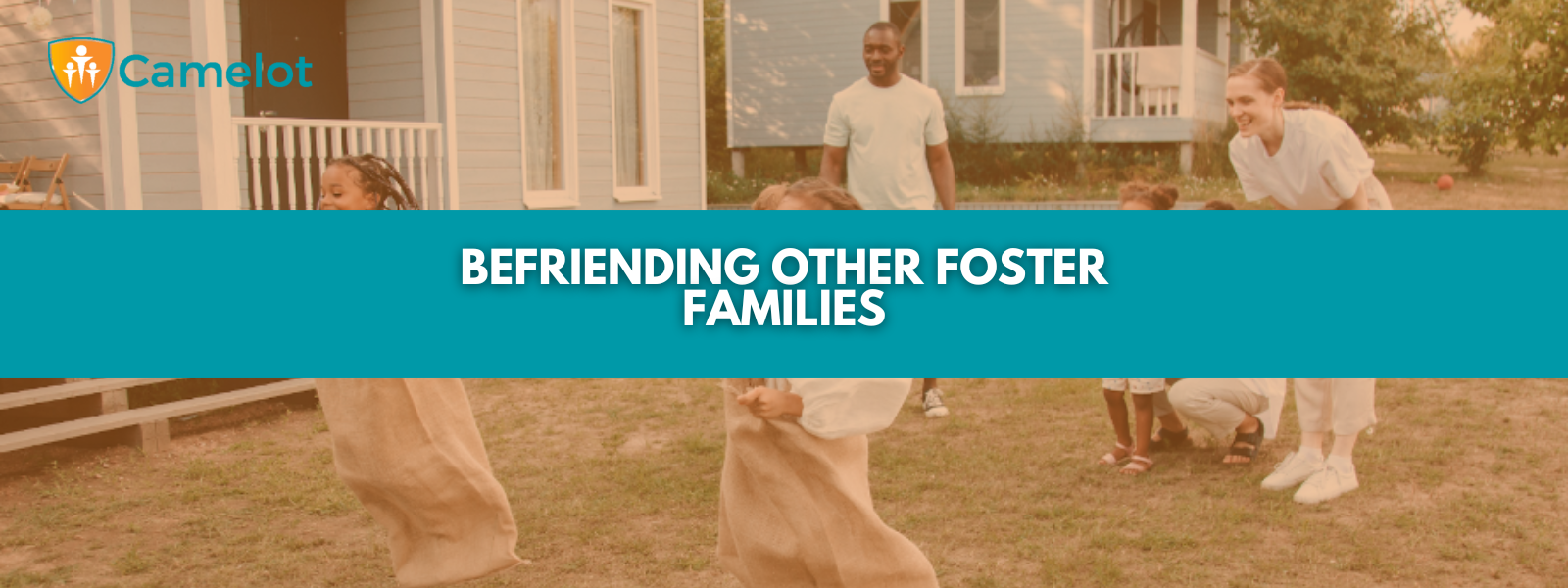

Camelot Care Centers

